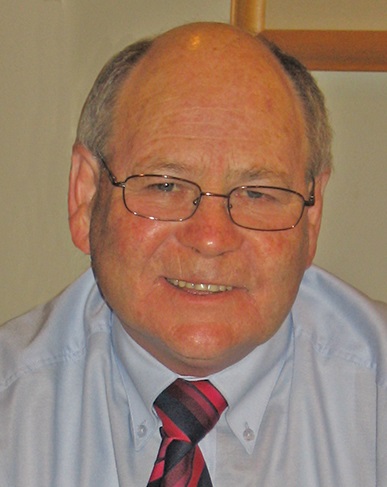EMERGING from the clutter of pre-election campaigning during the closing stages of the current Parliament is clear evidence that the vote on September 19 will determine New Zealanders’ appetite for big government at the expense of the private sector.
The reason is Covid-19. It has slammed the economy with a shock akin to nothing seen since the Great Depression. A result is the provision of a platform for government intervention in areas of the economy far beyond regulation intended to provide a fair community balance between the private sector and the public interest.
Social activists of the Labour Party and the Greens are gung-ho at the opportunity to introduce policies that will underpin shaping an economy more than ever dependent for direction on central government. Cover for ideological moves intended to achieve it is provided by claims – plausible or not – that they are necessary to cope with the ravages of the pandemic.
The $20 billion voted by Parliament for government spending associated with Covid without any knowledge of the use to which the money would be spent is an example of this.
For those who believe in “big government”, the environment in which the election takes place is almost Nirvana. There is a widespread public acceptance that massive government spending to give a measure of protection across society is essential. Even the private enterprise political champion, National, and the more economically hard line Act party, accept the need.
The more realistic of Labour’s political elite try to keep a leash on the public face of their more fervent elements. But emerging policies suggest that if Labour and the Greens form the next government, command and control will be more of a characteristic of New Zealand government than has been seen for decades, albeit with a kinder face than when pugnacious Prime Minister Rob Muldoon was at the helm.
Policy areas shaping up for “shovel ready” preparedness within Green and Labour ranks include Kainga Ora – the housing arm of government now given powers to over-ride local and regional decision-making in pursuit of more housing development; health system reform that would place the minister of health as the arbiter of local hospital governance; taxation policies that in better economic times would have run afoul of voter resistance but in post-Covid days can be characterised as essential to meet public debt and ensure cross-economy fairness; and Reserve Bank interventions to obtain shares in private companies to avoid their sinking into liquidation, which in turn would provide scope for direct political influence on their activities.
The “Jacinda” factor and her profile in oversight of virus containment suggest the advocates of “big government” have every reason to believe their cause will win the day. Labour’s polling strength at around 50 percent in a recent Colmar-Brunton poll gives them cause for confidence. Probably only a Covid outbreak in the community could drastically alter the landscape.
National’s failure to hold on to former leader Bill English has cost it dearly. Backroom politicking for the job by his successor, Simon Bridges, is whispered in National circles as a factor in his decision to step down. His credibility as a steady steward of economic matters would have served the country well in today’s environment. Without such a track record, new leader Todd Muller has an uphill battle to achieve for National a total vote that gives him a crack at the top floor of the Beehive.
Public unease at the portfolio management of many in Jacinda Ardern’s caucus gives him scope to eat into the Labour-Greens polling lead. Act’s surge in the polls gives him hope a reliable partner might be in the wings. NZ First staggers. Long gone are the days of train users on Waikanae station hearing the call from pensioners when free travel was available: “Winston’s mob, back carriage!” Shane Jones seems often grumpy as election day nears. A National decision to let him win in Northland in return for post-election support might cheer him up.
Overall, however, use of the public purse to advance the call of “big government” is Labour’s strength, with the Greens on its coat-tails. National’s calls for a greater role and support for private enterprise will have to contain a compelling core of vision and realism to bring it in reach of the goal – the treasury benches.
• Bruce is a former economics and business editor, political and foreign correspondent in Washington, London and Hong Kong. He recently retired as chief executive of the NZ Building Industry Federation.

Bruce has been an economics and business editor, political and foreign correspondent in Washington, London and Hong Kong. He recently retired as CEO of the Building Industry Federation.
OTHER POSTS
LATEST POSTS
- Money for the expressway – for whom does the bell toll?
- Ōtaki-Māori Racing Club ‘focused on mana and mauri’
- If you’re not there you won’t know what’s going on
- Does the end ever justify the means?
- The problem I have with the protests
- Central control or local solutions – the fight for political control
- Election Nirvana for big government proponents
- Game on as National’s pretenders joust for the throne
- Award to Ōtaki Santa Claus
